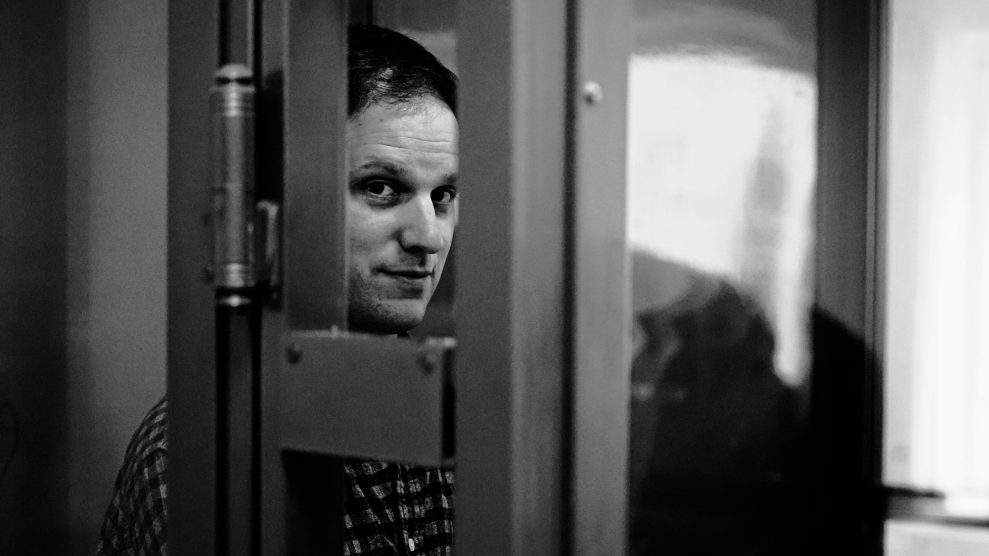
“This ain’t no action movie,” warns the hijacker of bus 174 in Padilha’s riveting documentary. Or maybe, in a way, it is. In the summer of 2000, a young São Paulo man held a half-dozen hostages — and untold Brazilian television viewers — captive for nearly five hours, sprinkling his threats with references to a popular blockbuster.
This real-life TV villain displays a certain brute ingenuity, banking on the standards and practices of prime-time news — the reluctance of network executives and police officers alike to broadcast a bloodbath — to prolong his performance. Padilha, for his part, remains true to the spectacle, extracting the maximum drama from the footage of the hijacking. (His climactic use of slow motion is sensational in more ways than one.)
Yet Bus 174 is most remarkable for examining how terror is bred by poverty and neglect. A sociologist in the film remarks that society’s “incapacity to deal with social exclusion” pushes the youth of Rio’s slums into violence. “We are nothing if someone doesn’t look at us,” he says.















